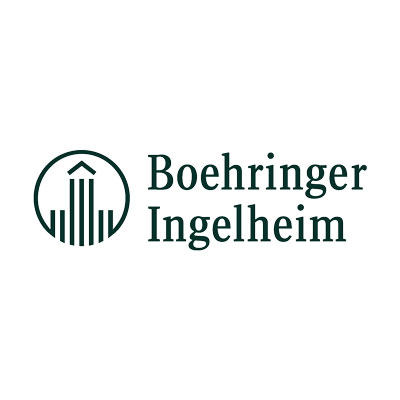Washington, D.C. (November 29, 2021) — The Human Animal Bond Research Institute (HABRI) announced today it has awarded a new research grant, titled “Sharing is caring: can pets protect their owners against antibiotic-associated disruption of the gut microbiome?”, to the University of Pennsylvania’s School of Veterinary Medicine (Penn Vet) to investigate whether pets are a source of microbiota that can help restore deficiencies in their owner’s gut microbiome.
“A growing number of studies have documented the ability of animal contact to impact the human microbiome (collection of microbes in the intestines) in ways that may help prevent certain types of disease, such as cardiovascular disease and asthma,” said Dr. Laurel Redding, VMD, PhD, DACVPM, Assistant Professor of Epidemiology at Penn Vet, the project’s Principal Investigator. “In conducting this study, our goal is to shed light on the microbial exchanges that occur between pets and pet owners and assess whether pets can mitigate disruption of their owner’s gut microbiome following antibiotic therapy.”
This groundbreaking project will follow pet owners over 60 years old who are taking antibiotics for dental implant placement. Antibiotics disrupt the native gut microbiome, which can result in a range of outcomes, from mild diarrhea to severe “C. diff” infection (infection with Clostridioides difficile), and the elderly are particularly at risk for some of these adverse outcomes. Recovery from this type of disruption is not well understood, and factors that promote this recovery are only beginning to be explored. Researchers hypothesize that the gut microbiomes of pet owners and their pets will resemble each other prior to the course of antibiotics, diverge during the disruption phase, then steadily converge during the recovery phase. In demonstrating that animal contact can yield beneficial effects on the restoration of the human gut microbiome, results of this study may reduce concerns about and even promote contact with household pets for older adults. Thus, in addition to other documented mental and physical health benefits, pets may also offer “probiotic” effects to their owners.
“HABRI is proud to fund research that will contribute to our understanding of the physiological health benefits of the human-animal bond,” said Steven Feldman, President, HABRI. “We know that pets and people are good for each other, and it’s exciting that we can still discover new evidence underlying this powerful, mutually-beneficial relationship.”
About the University of Pennsylvania School of Veterinary Medicine
Ranked among the top ten veterinary schools worldwide, the University of Pennsylvania School of Veterinary Medicine (Penn Vet) is a global leader in veterinary education, research, and clinical care. Founded in 1884, Penn Vet is the first veterinary school developed in association with a medical school. The school is a proud member of the One Health initiative, linking human, animal, and environmental health.
Penn Vet serves a diverse population of animals at its two campuses, which include extensive diagnostic and research laboratories. Ryan Hospital in Philadelphia provides care for dogs, cats, and other domestic/companion animals, handling nearly 35,300 patient visits a year. New Bolton Center, Penn Vet’s large-animal hospital on nearly 700 acres in rural Kennett Square, PA, cares for horses and livestock/farm animals. The hospital handles nearly 5,300 patient visits a year, while the Field Service treats more than 38,000 patients at local farms. In addition, New Bolton Center’s campus includes a swine center, working dairy, and poultry unit that provide valuable research for the agriculture industry
About HABRI
HABRI is a not-for-profit organization that maintains the world’s largest online library of human-animal bond research and information; funds innovative research projects to scientifically document the health benefits of companion animals; and informs the public about human-animal bond research and the beneficial role of companion animals in society. For more information, please visit www.habri.org.
###
Contact
Jamie Baxter
jamie@theimpetusagency.com
775.322.4022
###





